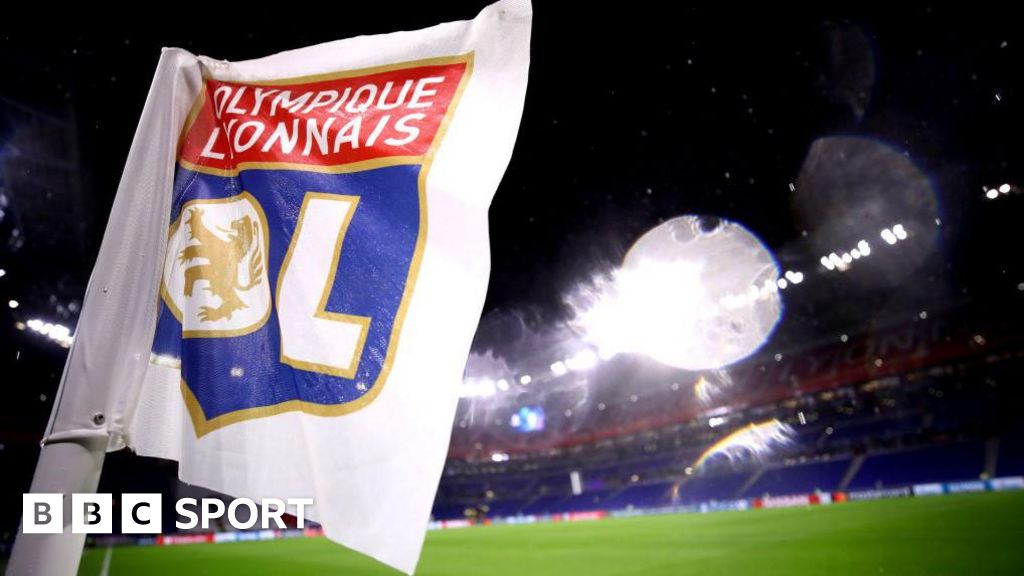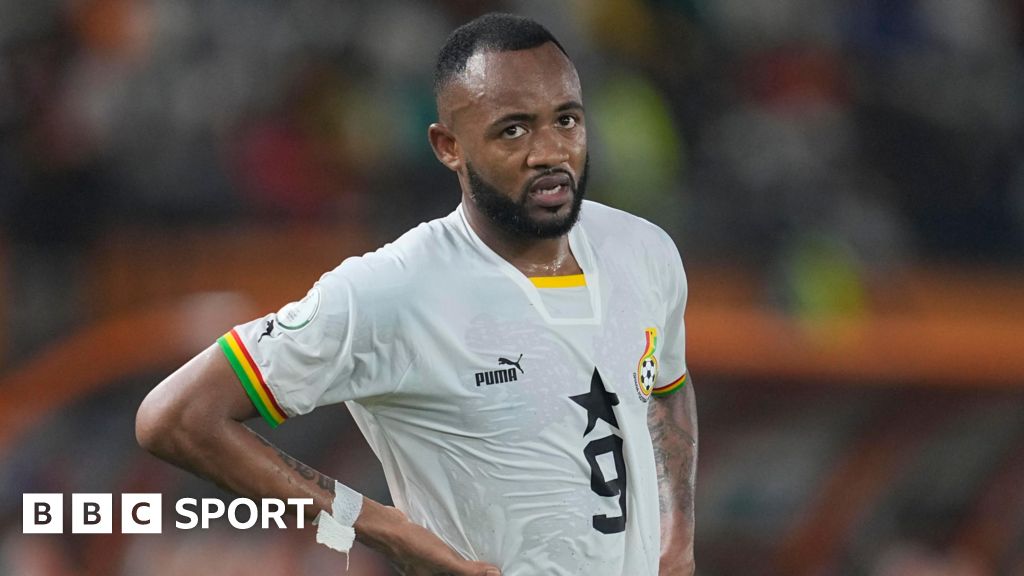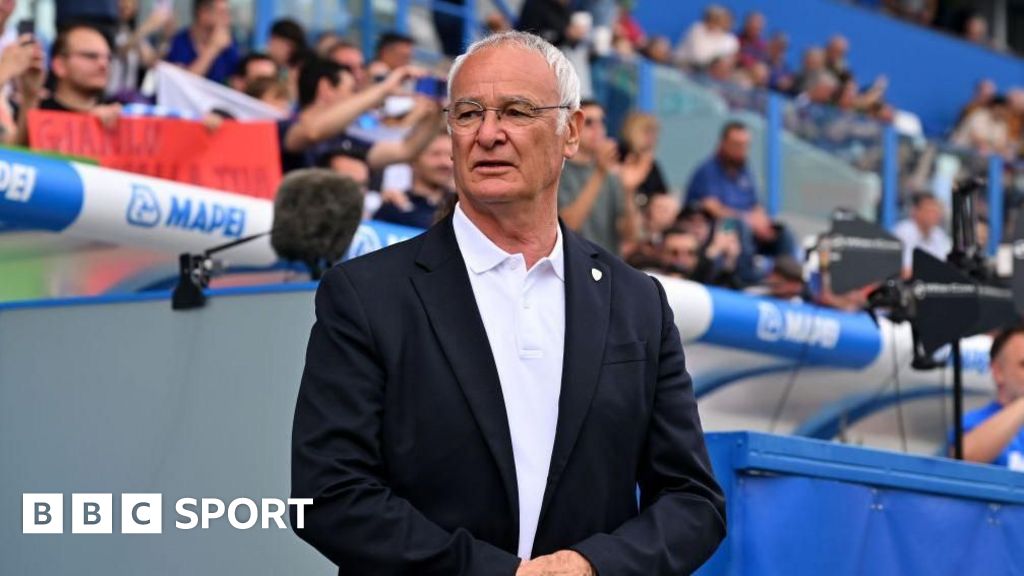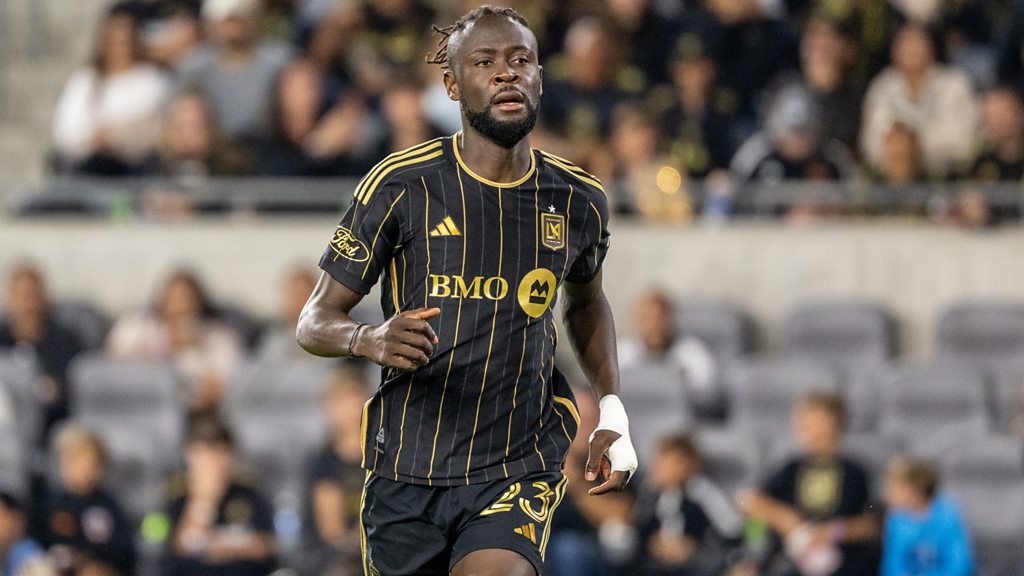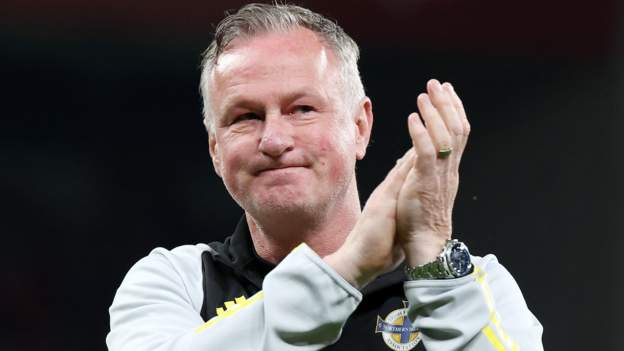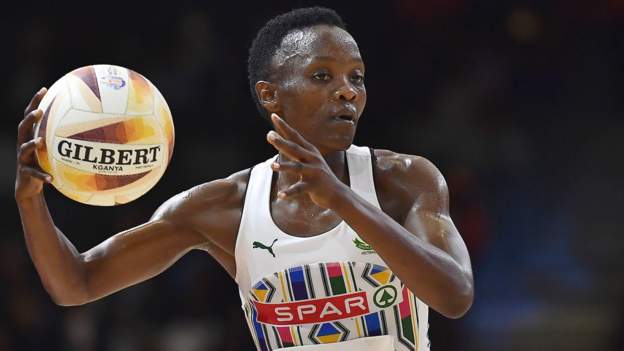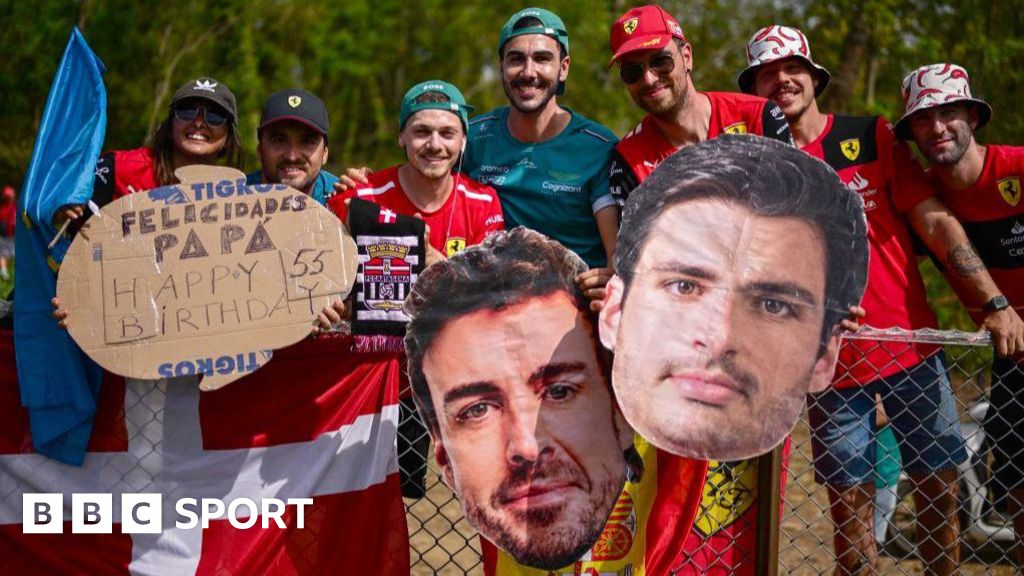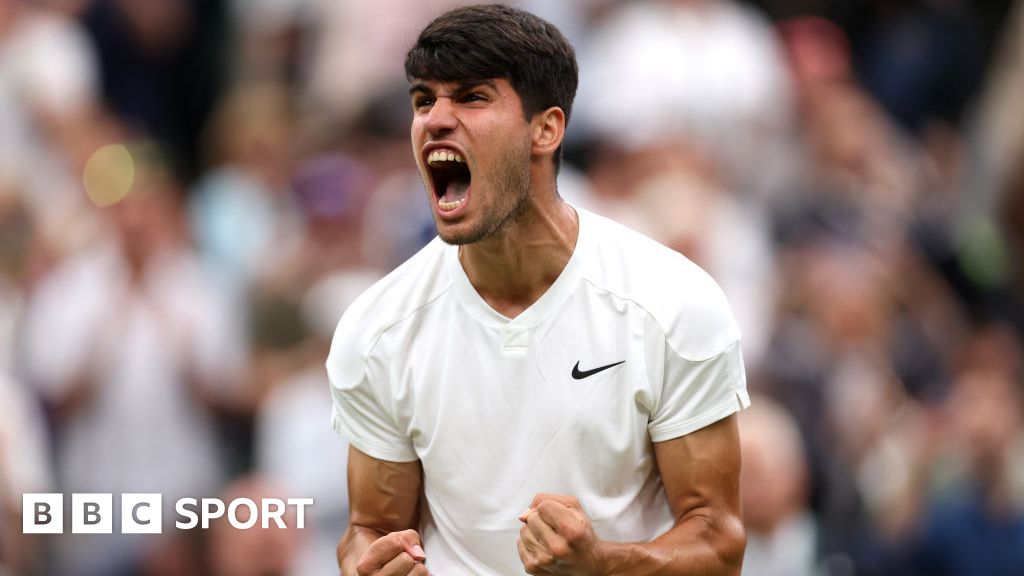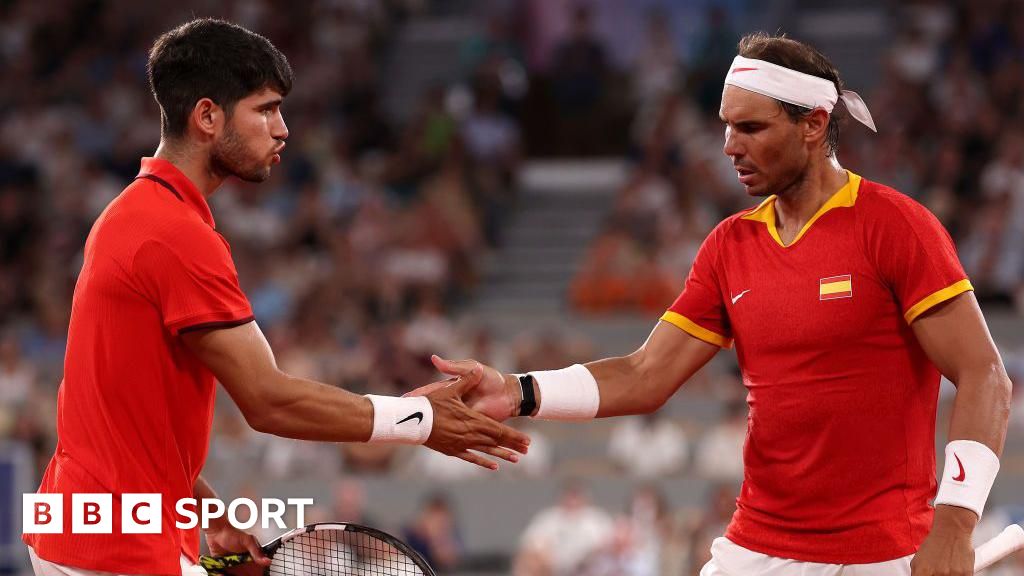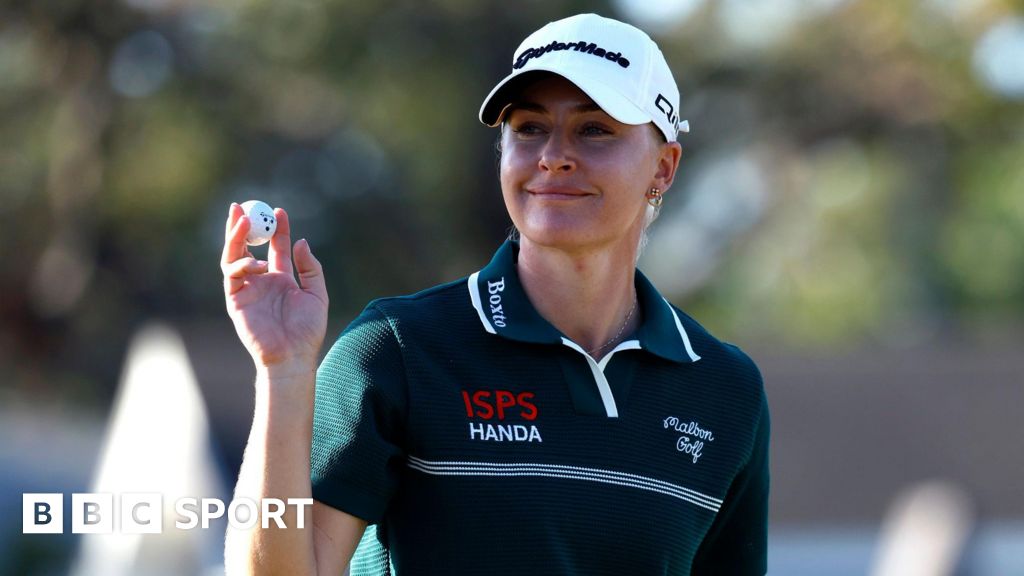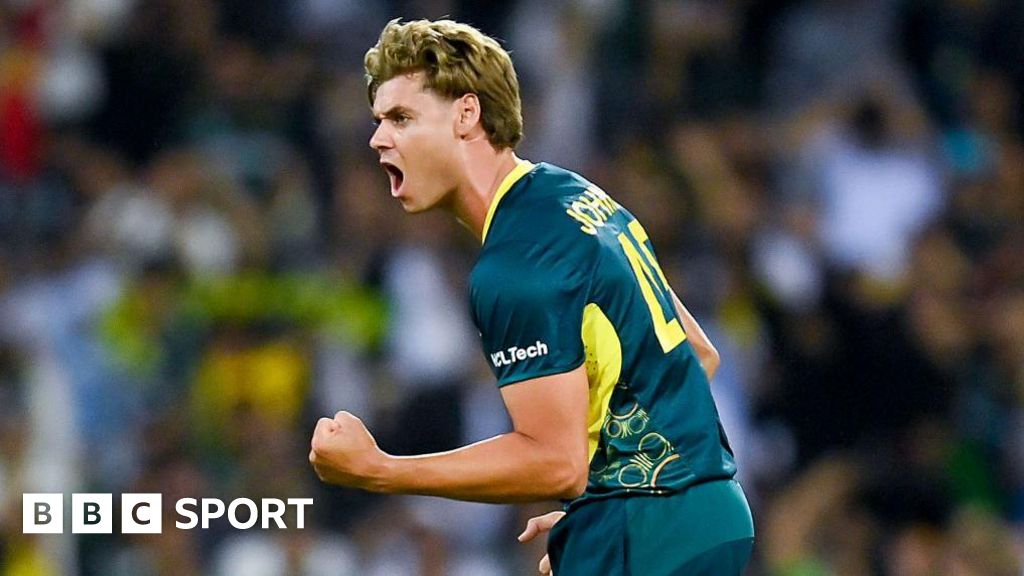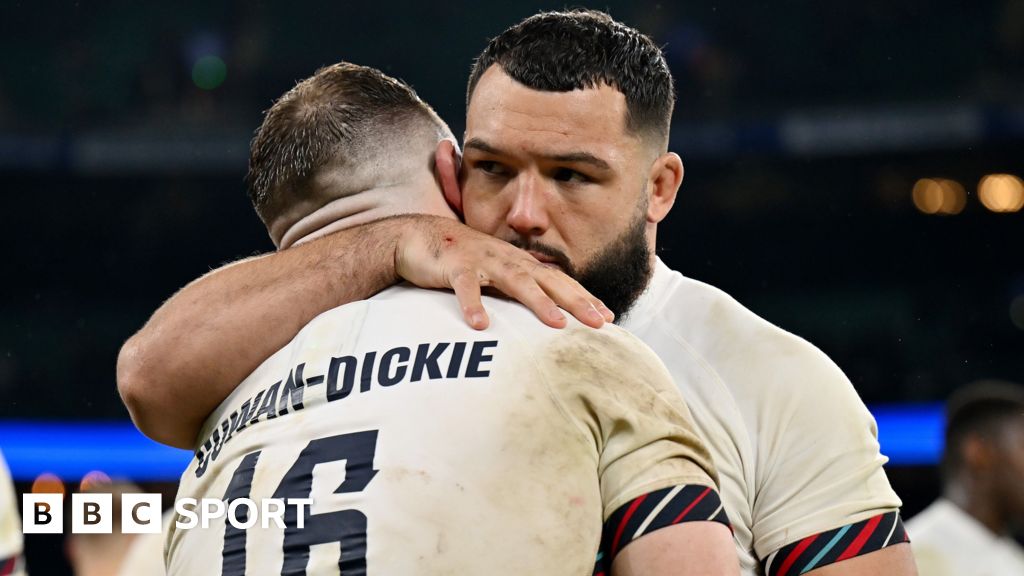Northern Ireland supporters are a largely realistic bunch. What they experienced during 2023, however, must surely have tested the patience of some.
Victory over Denmark last month was definitely an occasion to savour, and the joy around Windsor Park on that cold November night was palpable.
The bigger picture, though, shows that it was essentially no more than a nice bit of gloss at the end of what was a dismal Euro 2024 qualifying campaign – albeit one that was hit massively by a horrendous injury crisis.
The announcement of two March friendlies recently brought international football back on to the radar, and will likely have heightened Northern Ireland supporters’ thoughts on what lies in store in 2024.
It goes without saying they will be hoping that it’s much better than what they experienced this year. Nine points from 10 qualifiers, six of which came from wins over the world’s lowest-ranked team, and a fifth-place finish in a group that contained San Marino, Kazakhstan, Finland and Slovenia, with Denmark as the top seeds.
With the Green and White Army having genuine hopes of qualification when the draw was made last September, their enthusiasm escalated further when Michael O’Neill – the architect of their joyous journey to France for Euro 2016 – was appointed for a second spell in charge last December.
The ‘returning messiah’ script started in solid fashion back in March of this year with a comfortable 2-0 victory away to lowly San Marino. Those inside Windsor Park did not realise it at the time, but the real tone for the campaign was set three days later when the Finns ruined O’Neill’s Belfast homecoming by inflicting a deflating 1-0 defeat.
It was a result that just would not go away.
Two more 1-0 losses for injury-hit Northern Ireland followed in June, one in Copenhagen – when teenage substitute Callum Marshall thought he had grabbed a dramatic stoppage-time equaliser only for VAR to rule it out – and another at home to Kazakhstan, one of a few campaign low points.
A chaotic meeting with Slovenia in Ljubljana in September ended with a 4-2 loss before that 1-0 scoreline returned to haunt O’Neill’s men again away to Kazakhstan a few days later.
A home double-header in October began with an easy, though fully expected, 3-0 victory over San Marino but finished with, you guessed it, a 1-0 loss to the Slovenians. Then came November’s 4-0 collapse in Finland after a positive first half before that uplifting home victory over the Danes brought the campaign to a close.
Reasons to be hopeful for 2024
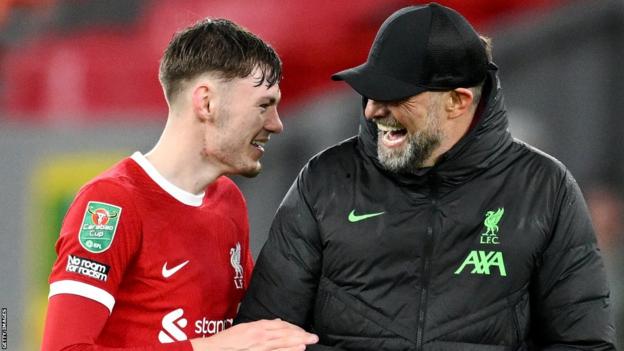
The post-Covid international calendar has quite a different feel to it, and there are some pros and cons for Northern Ireland in not having any tournament qualifiers in the diary until 2025.
On the negative front, there is the danger that captain Steven Davis – irrespective if or when he returns to playing from the knee injury that he has been out with for over a year – may not continue his international career long enough to still be around when the 2026 qualifying campaign begins.
Jonny Evans, now 36, remains as committed as ever to the Northern Ireland cause – and has performed well for Manchester United since his shock return to Old Trafford in the summer – but his recent injury record might mean there is at least a query over whether he will still be playing for his country come early 2025.
While it may mean questions over the international futures of some of the experienced players, the gap until the next qualifying campaign could prove very useful to O’Neill in providing some of the exciting young talent in his squad with more international experience.
The March friendlies could offer Conor Bradley a chance to remind Northern Ireland fans just how important he has already become to the side, despite his tender years. O’Neill was robbed of the 20-year-old – who can play anywhere on the right flank or in midfield – for the last seven games and will be very keen to see him in the green shirt again.
Ross McCausland is another name that offers genuine optimism for Northern Ireland in 2024. Having broken into the Rangers first team and been handed his first start by then interim Ibrox boss Steven Davis, the 20-year-old has enjoyed a whirlwind rise to prominence, establishing himself as a starter under manager Philippe Clement, scoring in the Europa League and playing in the team that beat Aberdeen in the League Cup final last week.
O’Neill drafted him into the starting line-up for a shock Northern Ireland senior debut in Helsinki last month and, despite the side losing 4-0, the Linfield academy graduate impressed on the right hand side with a performance full of running and energy. He was only a late call-up to that squad but his club form will surely have catapulted him to the forefront of O’Neill’s thinking for 2024 and beyond.
Isaac Price, who scored the opening goal in the win over Denmark, is another young player O’Neill has high hopes for, while he might also feel that the March friendlies are the time to give teenage West Ham striker Marshall the chance from the start to show if he can transfer his goalscoring form with the Hammers’ Under 21 team to the senior international stage.
It almost goes without saying that Shea Charles’ continuing development will be of huge importance, with the Southampton midfielder only likely to keep getting better after having one of the most eye-catching first 18 months that a Northern Ireland player has had for quite some time.
O’Neill – hands tied by injuries or could do better?
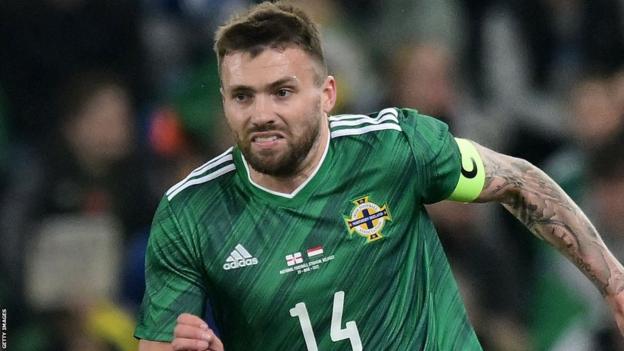
There is not much that can be written about Northern Ireland’s injury crisis throughout the campaign that has not already been written. Suffice to say it was horrendous and, certainly in recent years, perhaps unprecedented.
To not have captain Davis, Stuart Dallas and Corry Evans kick a ball throughout the campaign was huge. Bradley missed the last seven qualifiers, Jonny Evans missed four while Craig Cathcart, who was stand-in skipper for the opening two games, retired with four matches remaining.
On top of that, the likes of defenders Dan Ballard and Jamal Lewis, midfielder Ali McCann and forwards Shayne Lavery and Gavin Whyte – all of whom have strong cases for being in the starting line-up – missed a number of matches.
That sort of injury list would hurt most teams, but especially one that was always going to rely on a core of experienced players if it was going to have a chance of qualification. That was certainly how O’Neill envisioned things when he was first-re-appointed, but the pool of players at his disposal soon became very different.
In fairness, O’Neill never looked comfortable with the fanfare that greeted his return, but he did declare at his unveiling that qualifying for next summer’s Euro finals in Germany was his aim.
Following defeat in Copenhagen on matchday three, however, he was shifting the narrative by proclaiming that he was no longer even thinking about qualification, given how young and experienced his squad had been rendered by the ongoing injury crisis.
After that 4-0 defeat in Helsinki in the penultimate qualifier, O’Neill hinted at a level of self-analysis when he said he may have exposed too many of the youngsters too often, suggesting he maybe should have used his more experienced players more wisely.
He has so much credit in the bank with Northern Ireland supporters from his first reign, mind you, that there has been no pressure from the stands despite a campaign that seemed to see one frustrating 1-0 defeat follow another.
Detailed planning and using every method available to get the maximum return from every player were two of the key hallmarks of O’Neill’s successful first reign. He will no doubt have seen plenty over the last year – during matches, on the training pitch and around the team hotel – that he will be using to plot the best route forward for this Northern Ireland team.
The next 12 months could be vital to the rebuilding job that he has on his hands. And that realism and patience of the fans will be important.

